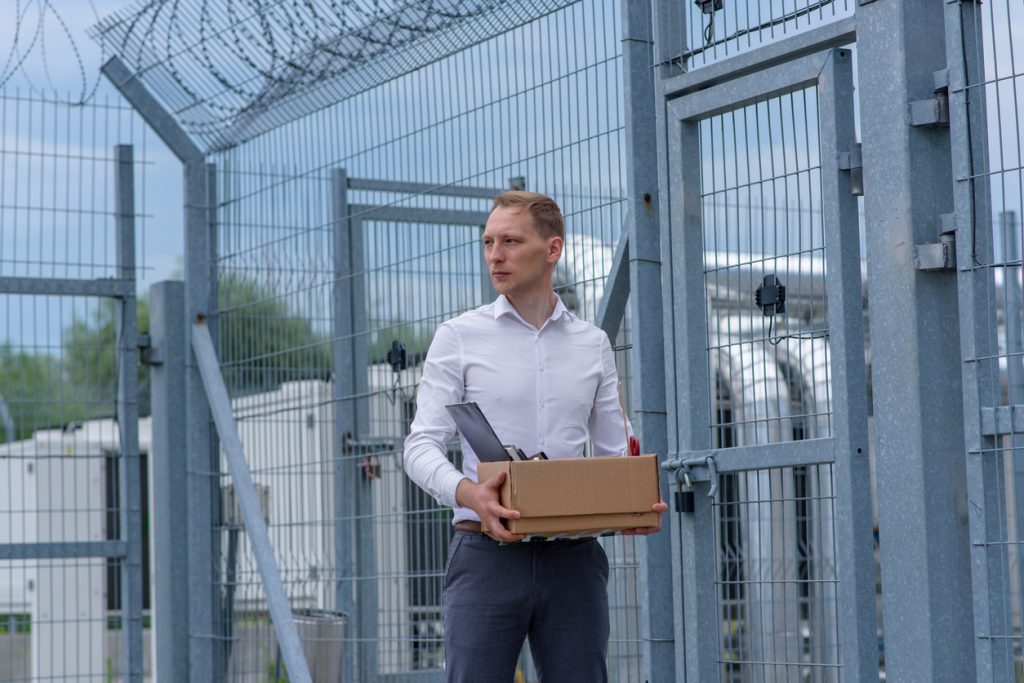When someone leaves prison, the world can quickly become overwhelming. The risk of going back into the system are high. One of the best ways to succeed in reentry is to find post-release support in your area.
But how do formerly incarcerated people access these supports? Will the court help, or is it the responsibility of the individual? These are important questions to consider as you near your release.
What types of post-release support are there?
The first thing you should do post-release is find out what support systems you have. Some programs are federal. That means that you can access these programs anywhere. Others, like SNAP, are state-based.
For government programs, you need to understand how to qualify. Some community-based programs and local colleges may also have programs. These can help you get an education, job training and even mental-health support.
How do you access government support after release?
The court may not help arrange government support like food assistance and housing security post-release. Individuals often need to apply for these programs themselves. If you need help with food security, the first step is applying for your local SNAP program. Since every state is different, you may need to apply again if you leave the state.
Housing security is something the court may help with. There are rules about where certain individuals can live after release. Your parole officer may help you get temporary housing. You can also apply for Section 8 housing. The danger of going back to prison is high if you do not have a stable home.

Are there local support programs that can help me post-release?
There are many community based programs that help formerly incarcerated people. These programs understand the barriers that justice-impacted people face. They are designed to support you post-release and make sure you succeed.
More and more courts are using community supervision instead of incarceration. That means there are more justice-impacted people in need than ever before. Community programs are responding by expanding their reach.
Substance abuse programs like Alcoholics Anonymous and Narcotics Anonymous are in most areas. Your parole officer can help you find local meetings and a sponsor.
Other programs, like Volunteers for America, have a presence in many states. They can help with job placement and training, housing and other needs. Individuals may need to contact these programs for help finding local chapters.
Many cities also have locally based programs. PREP, or Post-Release Education and Preparation, is one option. They focus on the needs of people who first entered the system as children. These programs may only help certain individuals. But working with people who understand your unique needs will help you succeed.
The Takeaway:
There are many support systems for people post-release. While your parole officer may help, the court is not always responsible. Individuals often have to find and apply for supports on their own. Cities have local supports to help you with this. They can work with you to find the best fit for your needs.
If you are struggling, ask your parole officer. Even though they may not be responsible, they want you to succeed. They can help you understand what programs are available to you and how to apply.






